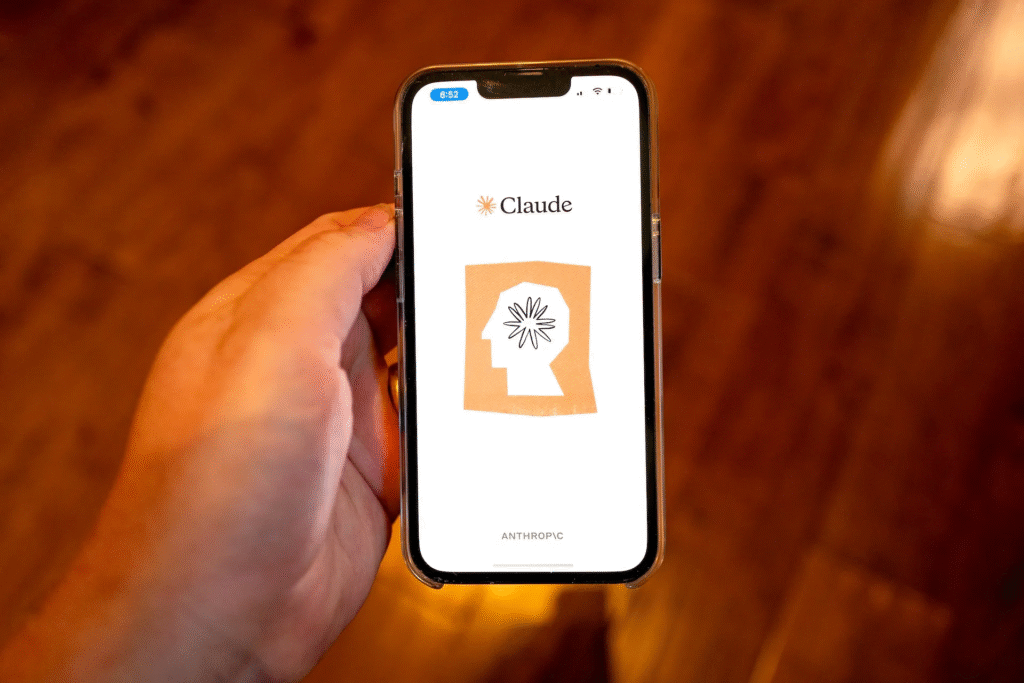Anthropic has announced that it will introduce new weekly rate limits for its AI coding assistant, Claude Code, starting on August 28. The company says the change will help curb continuous background usage by a small number of subscribers and prevent account sharing or resale of Claude Code access.
These weekly limits will sit alongside the existing five‑hour resets that apply to all subscribers. Anthropic has created two seven‑day caps: one covering overall Claude Code usage and another specific to its most advanced model, Claude Opus 4. Subscribers who reach their weekly limit will have the option to purchase additional compute at standard API rates to avoid workflow interruptions.

New Limits by Plan
- Pro Plan ($20/month): Users can expect between 40 and 80 hours of Sonnet 4 use per week.
- Max Plan Level 1 ($100/month): Users receive roughly 140 to 280 hours of Sonnet 4 and 15 to 35 hours of Opus 4 weekly.
- Max Plan Level 2 ($200/month): Users gain about 240 to 480 hours of Sonnet 4 and 24 to 40 hours of Opus 4 each week.
Anthropic notes that actual usage may vary with project complexity and codebase size. While the $200 Max tier was originally pitched as offering twenty times the Pro plan’s compute, the weekly hour allowances translate to roughly six times the Sonnet 4 and Opus 4 compute of Pro. Anthropic has indicated that the twenty‑fold figure may apply to token or compute units rather than hours, though the company has not clarified this discrepancy.
Reasons Behind the Change
Claude Code’s popularity with developers led to unprecedented demand since its launch. According to some subscribers, some of them have run Claude Code continuously, which has stressed and weakened Anthropic’s infrastructure and resulted in numerous service disruptions during the last month. The new weekly caps will make sure that everyone has a stable performance, and detect and penalize potential policy violations like sharing your accounts with others or selling your access.
Anthropic emphasizes that less than 5 percent of subscribers will be significantly affected by these changes. Most users relying on Claude Code for day‑to‑day development work will continue without interruption. The company also reassures customers that it plans to explore alternative solutions for heavy use cases in the future.
Industry Context
The process of rate limiting has rapidly gained popularity as a rate limiting method used by the providers of AI services to ensure that they can meet the demand and still have sufficient resources. OpenAI, such as the example of ChatGPT, uses a model of setting limits different depending on the subscription level plans, and the other AI tools focused on coding have also changed the pricing and access model to deter continuous use. The action by Anthropic fits these trends, and the fact that highly scaled language models can be expensive to operate.

These subscribers may predict that they will use more than their weekly allocation of machine time and can check their consumption in the settings provided by Anthropic and buy a supplement of capacity when it is required. At least in the short term, the vast majority of developers will not see much, or any, change in their interactions with Claude Code, so that their coding activities will be left undisturbed.





